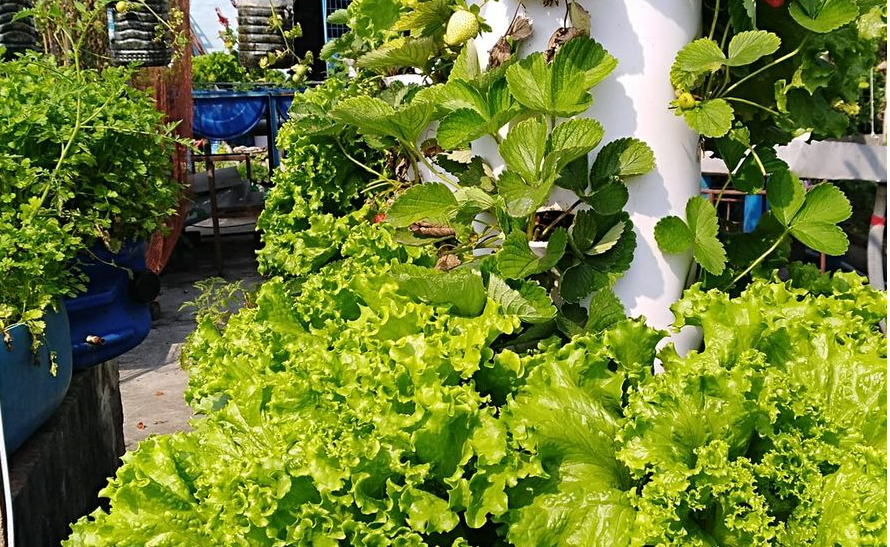
Rapid urbanization in Bangladesh and Nepal has made many city populations vulnerable to food insecurity and malnutrition, as they become more dependent on food supply chains from rural areas. Due to the limited supply of quality planting materials in urban and peri-urban areas, it is also a challenge to enhance the production of fruits and vegetables. Thus, finding a solution to enhance urban community access to nutrient-rich fruits and vegetables is needed, in order to achieve food and nutritional security.
This project is led by Dr. Kalyani Tripathi from Agriculture and Forestry University (AFU), Nepal, and co-investigated by Dr. Anwarul Abedin from Bangladesh Agriculture University (BAU). Collaborators include Multi Dimensional Resource Center Nepal, Pothikrit, and the Bangladesh Agricultural Research Council.
To analyze the challenges and potential of urban horticulture in metropolitan areas, researchers will conduct structured questionnaires, focus group discussions, and key informant interviews to assess family, community, and institutional barriers. To ensure the availability of high-quality planting materials for fruits and vegetables, researchers will identify suitable nurseries and research centers, conduct multi-location field trials of fruit (banana, lime) and vegetables (asparagus, moringa, broccoli, cucurbits, Cole crops, chili), and utilize empirical models to study the factors influencing the adoption of improved planting materials. The project will build capacity among youth, using empirical models to evaluate youth participation, and engage in awareness activities through radio, posters, pamphlets, training, and school events. Lastly, a GIS-based spatial multi-criteria decision technique will be developed to assess urban horticulture potential, and will incorporate data layers such as land use, proximity to facilities, and water availability.
The project will contribute to the promotion of efficient production techniques, informed decision-making, policy recommendations, and the overall sustainability of urban horticultural practices. It will enhance food and nutritional security, while creating employment opportunities for the local community, and have a positive impact on the urban socioeconomic landscape by fostering youth entrepreneurship development.
